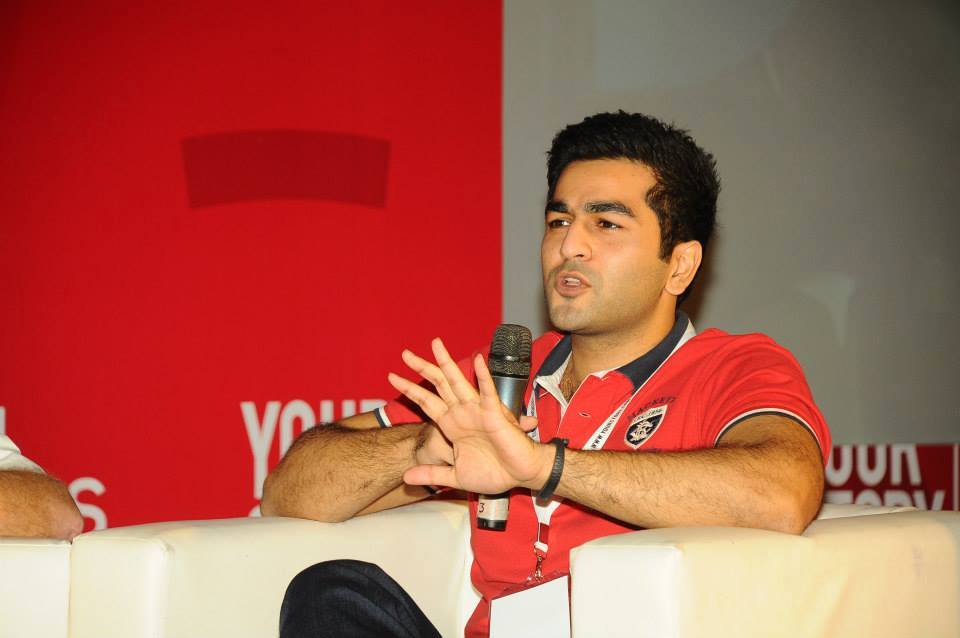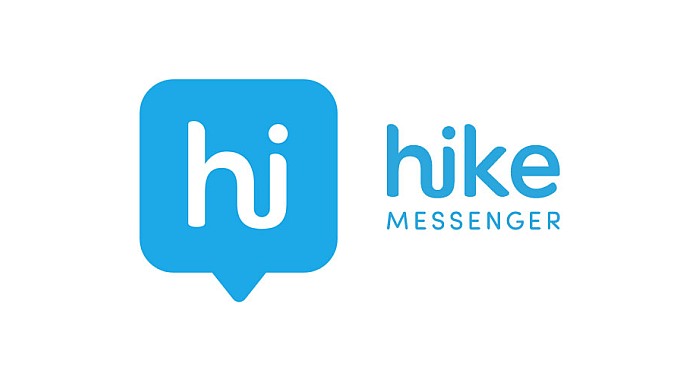We Indians are never short of patriotic fervor. Patriotism and nationalism simply runs too deep in our veins. Something that was in full display in all its grandeur few days back, when the entire India came together to celebrate India’s 72nd Independence Day. However, our unquestionable self-pride about our country takes a huge beating when we find that none of the Indian companies has still not attained enviable stature at the global level.
Although India’s emergence as a formidable force in Information & Technology (IT) is something to be very proud of, the sheer invisibility of Indian brands on global stage poses a huge question on India’s economic aspirations. Hence when roughly six years ago India’s home grown messenger app Hike Messenger publicly beat the war trumpets against the global messenger giant WhatsApp, the odds were clearly staked against it.

These odds were even more challenging for Hike, especially considering the poor track record of most Indian internet companies against its international counterparts
But Hike certainly didn’t enter into this ambitious battlefield with no arsenals in hand. To begin with, Hike’s founder and CEO Kavin Mittal is the scion of Sunil Bharti Mittal, Chairman of Bharti Enterprises – parent company of telecom giant Airtel.
Since Kavin Mittal was someone who was born with a sliver spoon in his mouth, Hike was never going to fall short of neither funds nor funding resources. Not surprisingly, India’s home grown messenger app has so far raised substantial amount of funding through multiple rounds from biggies like SoftBank and Tencent.
In fact, Kavin Mittal’s company is one of the fastest entrants in India’s coveted unicorn club, with a market valuation of nearly $1.4 bn.
Hike – Factsheets
Launch Year: 2012
Total funding till date – $ 260 mn – $ 300 mn
Investors: Bharti SoftBank, Tencent and Tiger Global
Acquisitions – Zip Phone, CREO and InstaLively
Hike Simply failed to capitalize on its promising debut
Within four years of launch, Hike app managed to garner 100 Mn users, which is 100 Mn less than WhatsApp’s roughly 200 Mn users in India. Clearly, India’s home grown messenger app showed unexpected signs that WhatsApp is not an invincible player.
However, this promising start was immediately followed by a stagnant growth, which caught most analysts by unpleasant surprise. The most surprising thing is that between 2016 and mid- 2018, Hike’s user base has not even grown marginally. In other words, even today Hike’s user base continues to be stuck at $100 Mn.
The company’s inability to grow its user base reflected very poorly on its latest sales and revenue figures. The company reported 67% year-on-year decline in sales for the financial year 2016-17. The sales declined to Rs11.4 crore from Rs35 crore in the previous year. On other hand, revenue remained flat at Rs 216 crore, marginal change from Rs 217.3 crore posted in the previous financial year.
With stagnant user base , Hike’s Monetization strategy will remain challenge
To be fair, even WhatsApp with its billions of users across the world has still not managed to find solid monetization model. Facebook, which bought messaging service in 2014 for whopping 19$ bn, has so far hardly managed to earn any revenue or profit from WhatsApp. In initial days, WhatsApp earned revenue through subscription model. Something that Facebook has completely turned its back against by making WhatsApp completely free.
Tencent owned Wechat, which is probably the world’s only profitable instant messaging services, is certainly an inspiration for WhatsApp as well as Hike. Interestingly, Tencent happens to be one of the important investors in Hike, after it along with Foxconn invested $175 Mn in the instant messaging company in 2016.
Most certainly, Mr. Mittal must have brought Tencent on the board with the hope to seek help in creating WeChat like profitable model. Today WeChat alone contributes more than 70% of Tencent’s profit. If today Tencent is Asia’s most valuable tech company then it is mostly thanks to WeChat.
WeChat follows a very complicated business model, with more than 80% of revenue coming from games and rest coming from online advertisement, mobile payment and sale of online goods like stickers.
Hike has already started following WeChat’s footprints by integrating games, mobile wallet and more than 20,000 online stickers in its platform. But merely imitating WeChat’s business model won’t help Hike in earning profit unless it builds huge user base like the former has done. WeChat boosts nearly 900 Mn users in China alone, with company’s global user base already clocking $1 bn.
Today WeChat’s global user base almost rivals that of WhatsApp, which has a global user base of nearly $1.3 bn.
So where does Hike head from here?
The road ahead for Hike is pretty clear. The messaging app will have to increase its user base anyhow. If the company fails to add substantial user base in next one year or so, its market valuation will most probably suffer. Any mark down in valuation will make it further tough for the company to raise funds, while the app’s brand image and market reputation is also likely to suffer irrevocable damage.
Clearly, time for Sunil Bharti Mittal’s scion seems to be running out. But it is not that Mr. Kivan Mittal is not trying out innovative things to spruce up app’s user base. Mr. Mittal successfully integrated mobile payment wallet into Hike last year, which was certainly an ambitious move.
However, with the emergence of UPI payment and WhatsApp too jumping on UPI bandwagon, Hike’s mobile bet may not fetch exactly desirable results. On other front, Hike has been trying out inorganic route to push up the growth rate.
The company has so far acquired three companies, with its last two acquisitions – CREO and InstaLively – happening last year. Most of Hike’s acquisition seems to have been done to keep the company in good standing among young users, since they form the core customer base for most instant messaging app.
To sum it up, it is important to highlight that while WhatsApp can afford to conduct several indulgent experiments to achieve monetization, Hike simply can’t. Thanks to Facebook, today WhatsApp’s funding and customer retention capability is unlimited. Although Hike has biggies like SoftBank and Tencent on its side, their unflinching loyalty will pretty much depend on whether the messaging app can continuously win big chunk of new customers.
It is certainly too early to write off Hike, but signals are pretty imminent that path ahead for India’s home grown messaging app is riddled with huge challenges.

